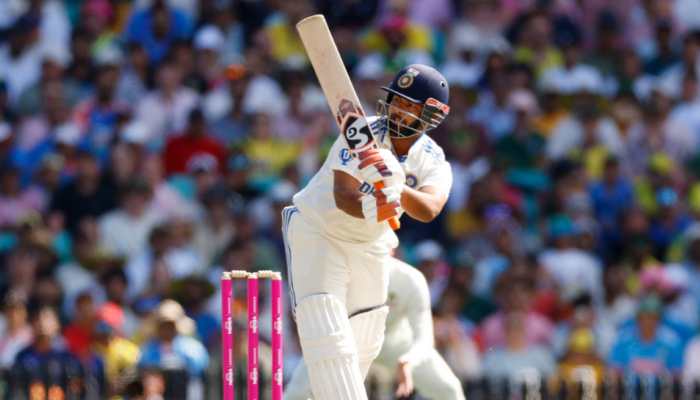Rishi Sunak Sets July 4 As Election Date, Seeks Mandate Amid Economic, Political Challenges
July 4 is selected as the day to decide who will run the government in the UK, this is the first time Rishi Sunak will be facing the public as the leader of the largest party in parliament.
Trending Photos
)
British Prime Minister Rishi Sunak on Wednesday declared the date for a national election, July 4 is selected as the day to decide who will run the government in the UK. This is the first time 44-year-old Sunak will be facing the public as the leader of the largest party in parliament, following his appointment by Conservative MPs in October 2022.
This vote, the third since the Brexit referendum in 2016, presents an opportunity for Sunak to leverage improved economic data to appeal to voters affected by rising living costs.
“Now is the moment for Britain to choose its future,” Sunak said in an announcement that took many people who expected a fall election by surprise, reported Associated Press.
According to a report by AP, support for Sunak’s center-right party has steadily declined due to various crises, including an economic slump, ethics scandals, and frequent changes in leadership over the past two years. Sunak highlighted his achievements as a leader in saving millions of jobs with support payments during the COVID-19 pandemic. He highlighted that his plans stabilised the economy.
However, the center-left Labour Party is the strong favourite in the election. Labour leader Keir Starmer promised that his party would bring stability.
The elections will be conducted amid the cost of living crisis and significant disagreements on handling migrants and asylum seekers crossing the English Channel from Europe.
The election date was set on the day official figures showed that UK inflation had sharply dropped to 2.3%, the lowest in almost three years, due to significant decreases in domestic bills.
This April decline shows the most significant progress on Sunak's five pledges from January 2023, including his promise to halve inflation, which had exceeded 11% at the end of 2022. Sunak celebrated the new inflation rate as proof that his plan was effective.
Stay informed on all the latest news, real-time breaking news updates, and follow all the important headlines in india news and world News on Zee News.
Live Tv







)
)
)
)
)
)
)
)
)
)
